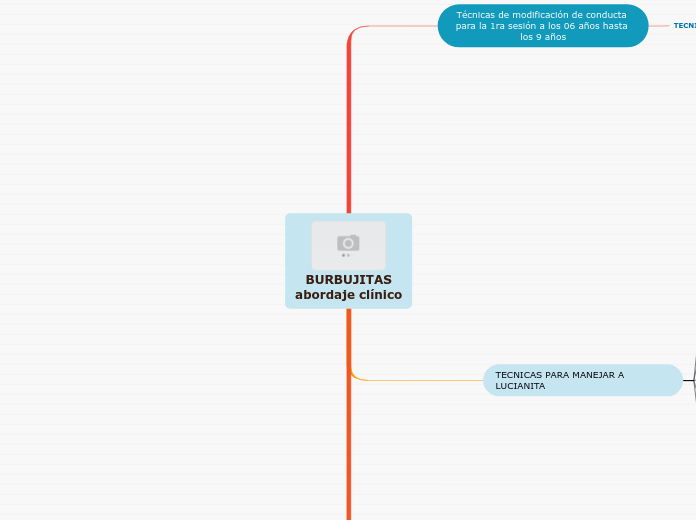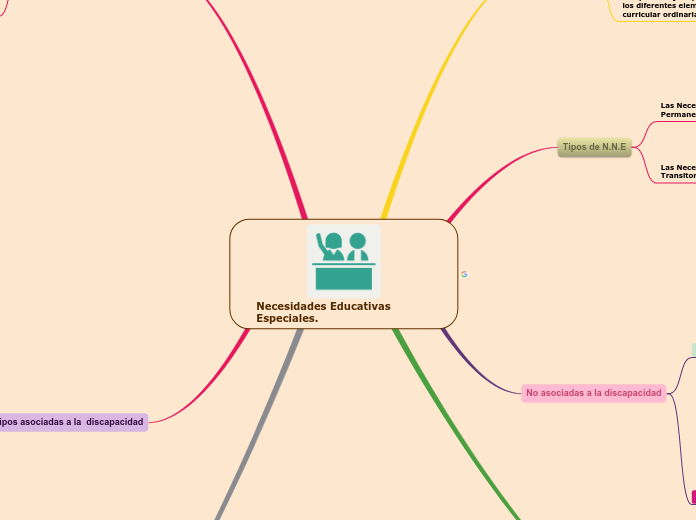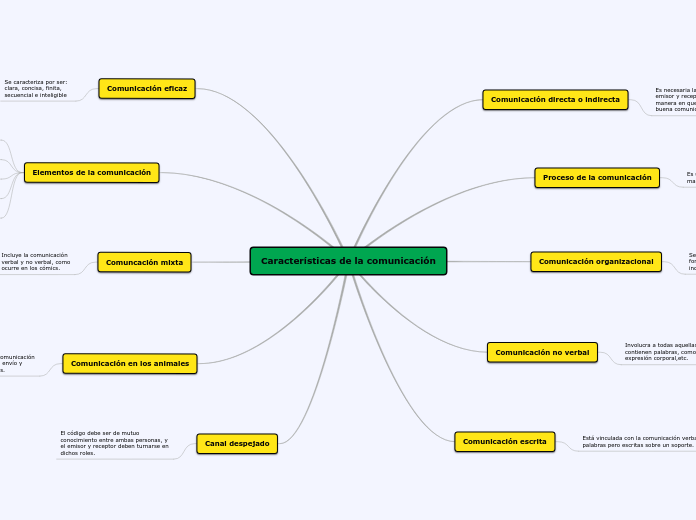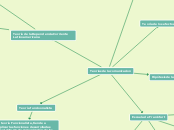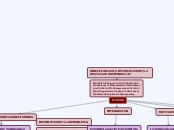BURBUJITAS
abordaje clínico
To name your story, you have to think about the overall message and what you want your audience to understand from the story. Also, make it relevant and easy to remember.
USO DE ANESTESIA GENERAL
The ending of a story is essential. We all know that if the ending is weak, what happened before loses its importance. So make it unpredictable, but fair. A resolved ending answers all the questions and ties up any loose threads from the plot.
ALTERNATIVAS
This is the closure section of the story.
See examples of possible outcomes below:
- all problems have been solved
- it's clear how each one of your characters ends up
- your main character is transformed by the challenge
Utilizar los métodos antes mencionados
Midasolam (15 mg) // Dormonid
Óxido nitroso
Try answering these questions in order for you to come up with a closure:
- Have all problems been solved?
- Is it clear what happens with all your characters in the story?
- Has the challenged transformed your main character?
- How do the characters feel in the end?
INDICACIONES
This is the moment when the main character surpasses the last obstacle and finally faces their greatest challenge.
The climax usually follows one of these patterns:
- realization
- resolution
- choice
Type in your answer.
Cuando el procedimiento es largo
Poca colaboración del niño
El niño presenta discapacidad física
El niño presenta limitacion de apertura bucal
El niño es inquieto y muestra temor
TECNICAS PARA MANEJAR A LUCIANITA
Terapia cognitiva de Beck
Interferencia Arbitraria
Magnificación
Sobregeneralización
Soluciones: el terapeuta ayuda a diseñar un sistema para determinar pensamientos frente a una situación específica (JALAR DE LOS 4)
Pensamiento dicotomico
uso de imaginación y fantasia
Manejo de contingencia :refuerzo positivo
Si lucianita llegara a aceptar el tratamiento de forma voluntaria
premiar
superar su miedo
reforzar
a modo de estimulo
premios
elogios
establecer una comunicación con lucianita intentando controlar lo que puede percibir con sus emociones
sonrisas
gestos
Decir , mostrar , hacer
Explicar con un lenguaje entendible a Lucianita
3. Las consecuencias (accidentes ) que pueda suceder en caso no acate las indicaciones dadas
2. Las sensaciones que pueda tener
1.Como se utilizaran los instrumentos
Técnicas de modificación de conducta para la 1ra sesión a los 06 años hasta los 9 años
In the beginning of the story (or the exposition), you will need to introduce the setting and characters. You might also want to introduce the main conflict. This part of the story is important because it gives the reader necessary background information and maybe even a first insight into a character’s personality.
TECNICAS
The setting (time & place) of a story can change throughout the plot.
Comunicación no verbal
Controlar la forma en que percibe con sus emociones
Establece comunicación con el paciente
Presencia o ausencia de los padres
se permitira
conforme a la actitud del niño a lo largo del procedimiento
en niños no cooperadores
se recomienda solo odontólogo y asistente durante la consulta
comportamientos negativos
se pedirá que retiren los padres
Refuerzo positivo
se refuerza a modo de estimulo
con premios o elogios
el niño acepto voluntariamente el tratamiento
Desensibilización
se lograra
mediante el uso de juguetes en los cuales se pueda simular una revición bucodental.
genera
confianza en el niño
a través de modelos amigables que permitan visualizar la manera en la que se llevara a cabo e procedimiento
Distracción contingente
Sensory details include sight, sound, touch, smell, and taste. These details are important because they create depth in your setting.
See a few examples below:
- the smell of fresh bread
- the scent of freshly cut grass
- rain falling onto the windshield etc.
uso de la imaginacion y fantasia
Temas de conversación específicos de interés del niño
Técnica de modelado
The weather is an important element in your story because it can highly influence the ambiance and the mood of the characters.
indicada
niños mayores de 4 años
objetivo
Does your story include catastrophic weather? See a few suggestions below or add your own:
- hurricane, earthquake, storm, etc
mostrarle confianza al niño
reforzar comportamiento positivo
disminuir el miedo del paciente
permite
Entender la técnica a utilizar
Control de voz
The time of the story can also change. It can describe the event of a single day or can include an entire year's plot. Anyway, don't forget to mention it.
contraindicaciones
No recomendado a pacientes de muy corta edad aún no están en condiciones para asimilar el objetivo de la técnica
tiene
dos pasos
para niños no cooperadores
Levantar la voz para imponer autoridad y recuperar el control
para niños cooperadores
Mediante susurros o lenguaje amigable
aplicada
cuando el niño toma el control
mediante
conducta disruptiva
Subtopic
Decir mostrar hacer
Your story can take place wherever your imagination will take you to.
For example: in an elevator, in an enchanted forest, etc. Don't forget to give details of the environment each time the setting changes, otherwise, the story can be confusing. Also, mention the seasons as each of them has unique weather and events.
consiste en:
En explicar con palabras entendibles la forma de utilización de los instrumentos.
Da seguridad al menor sobre el uso del instrumental que se ocupa durante el tratamiento
